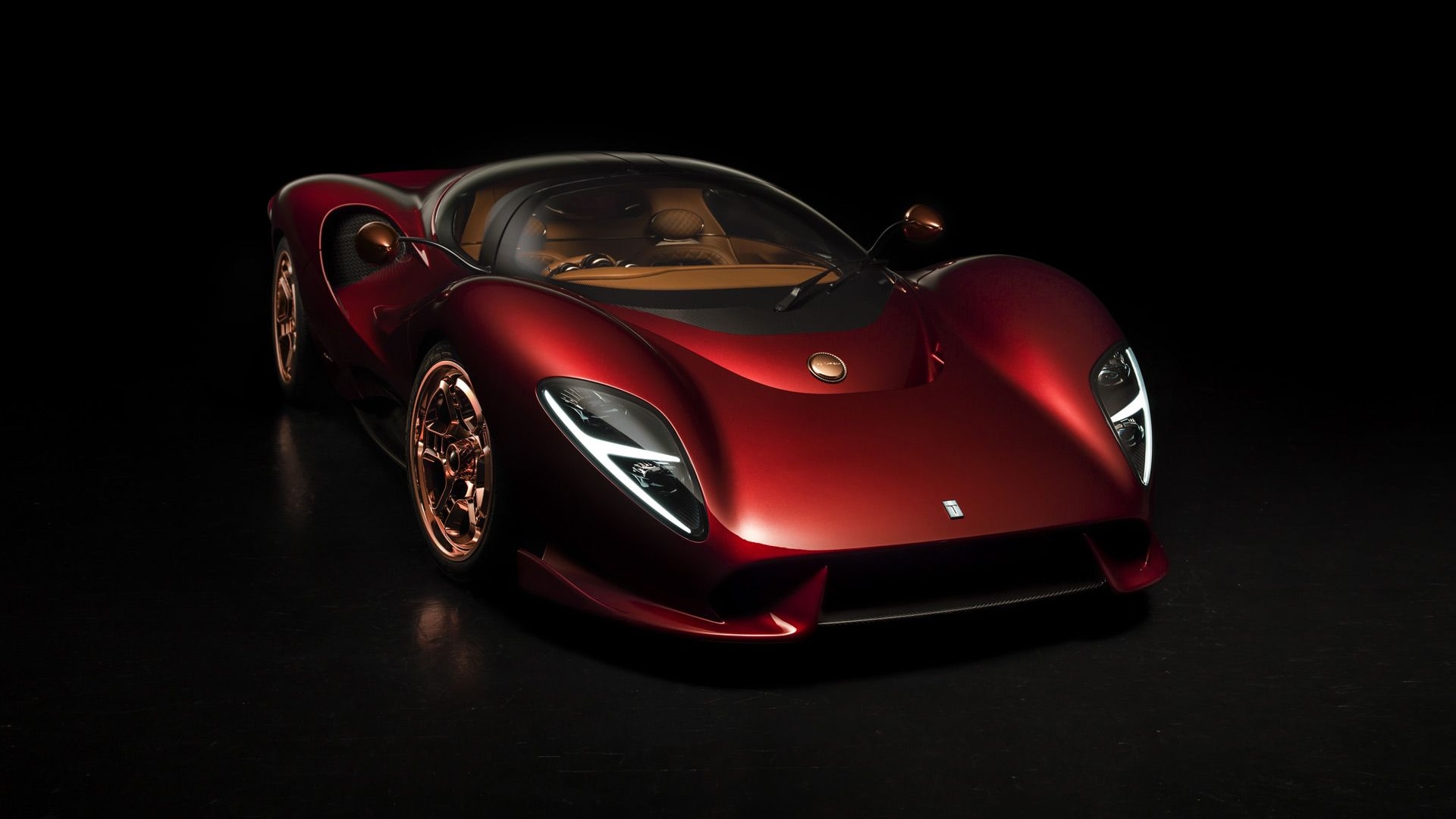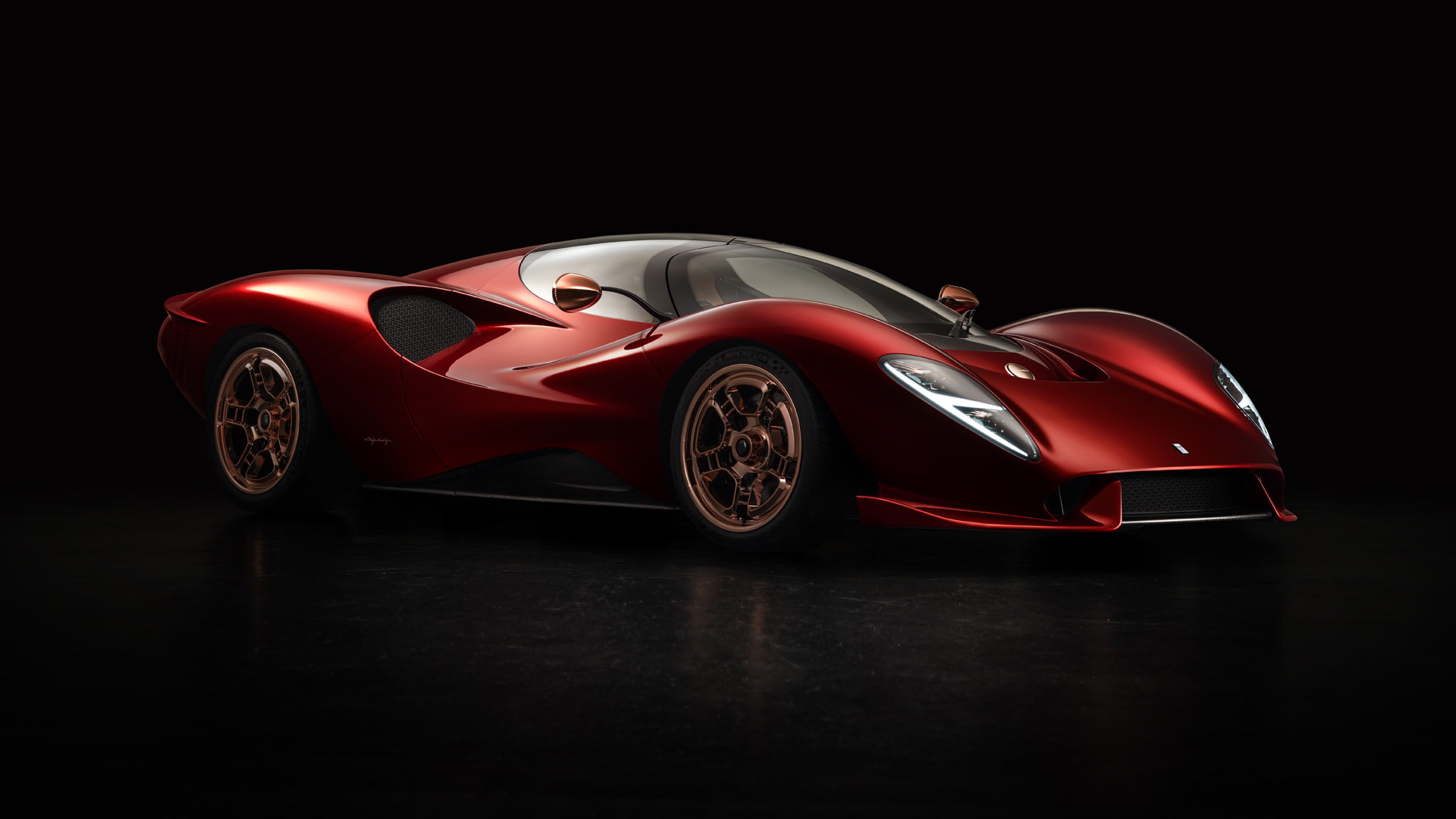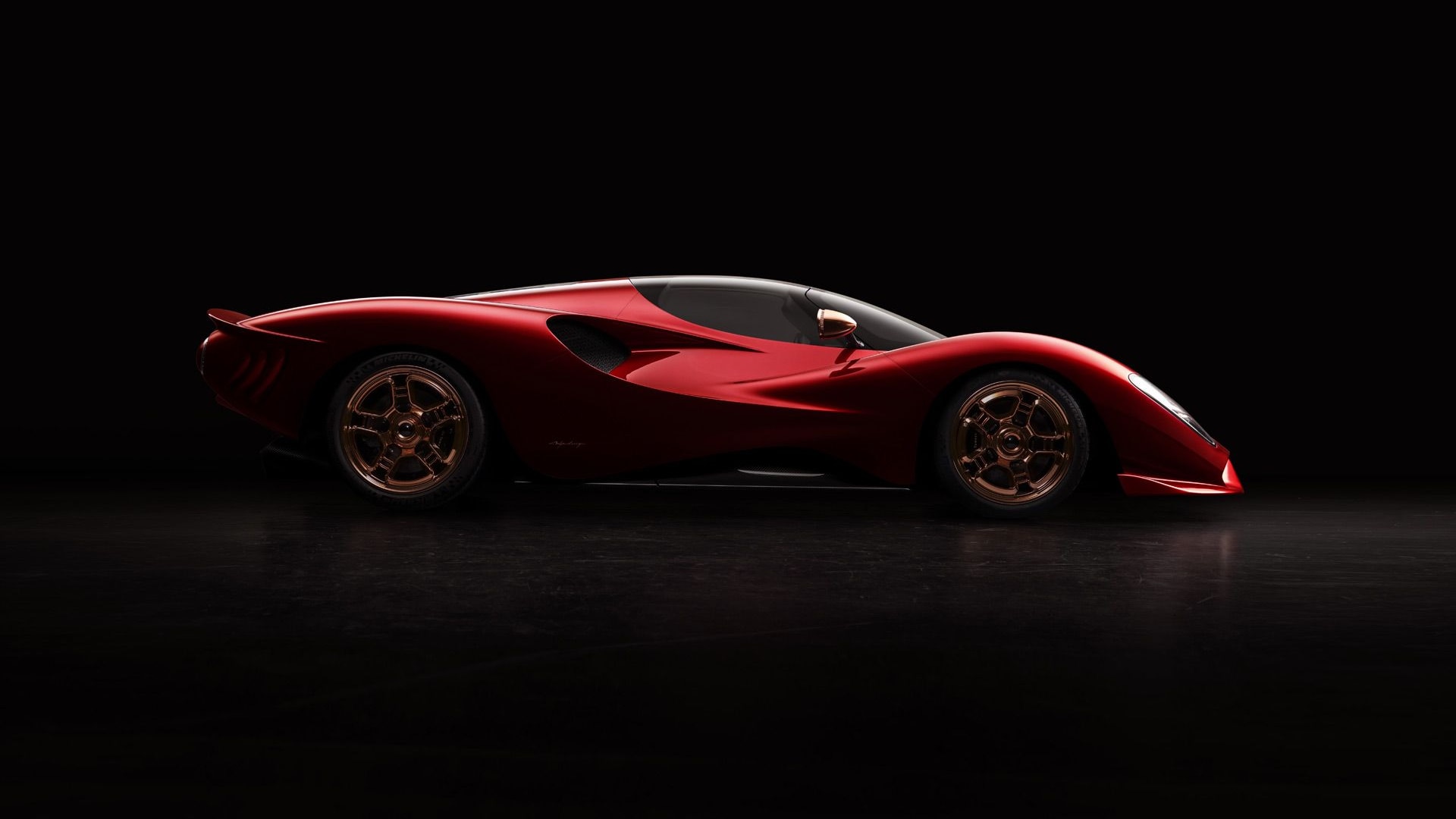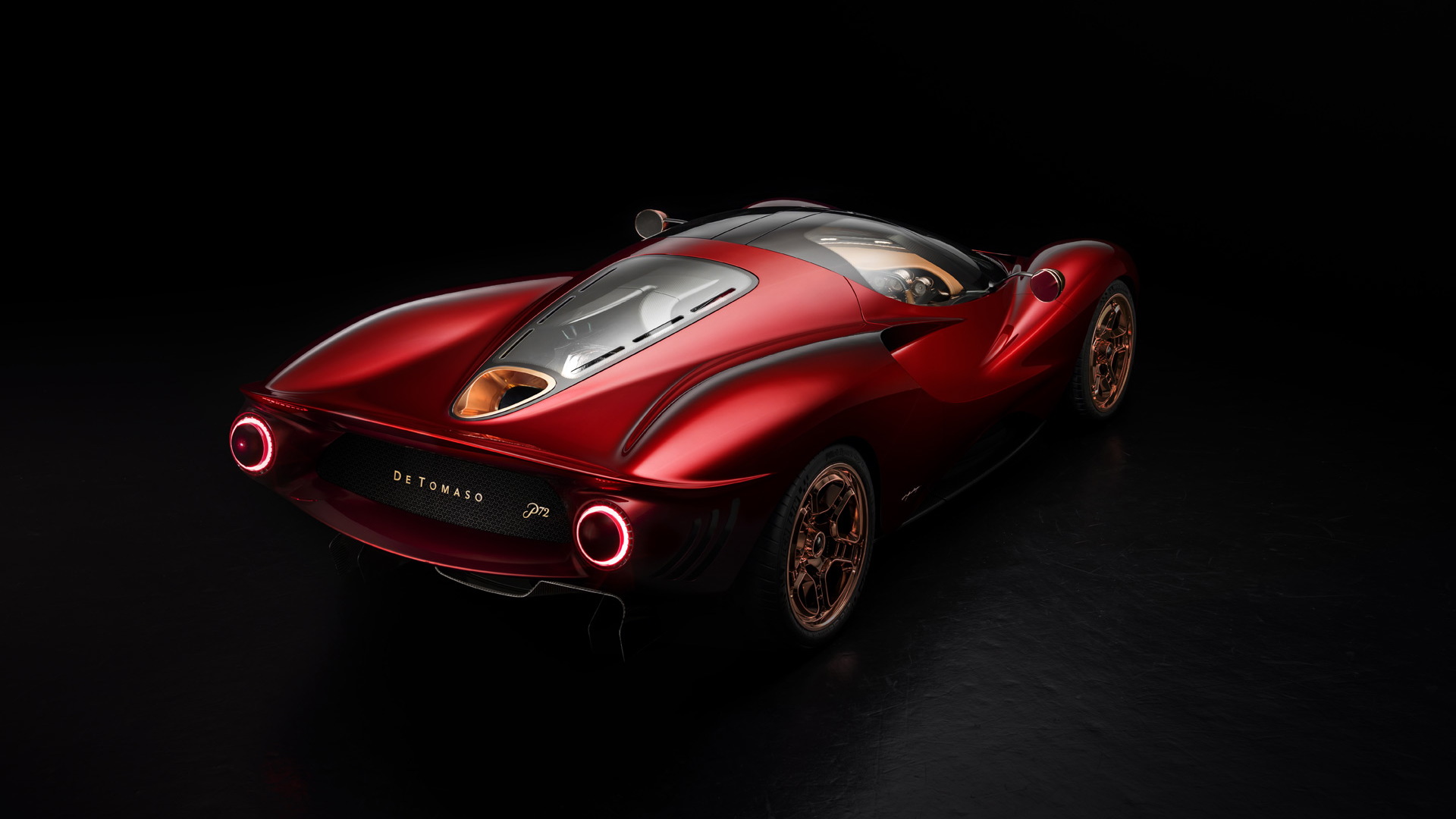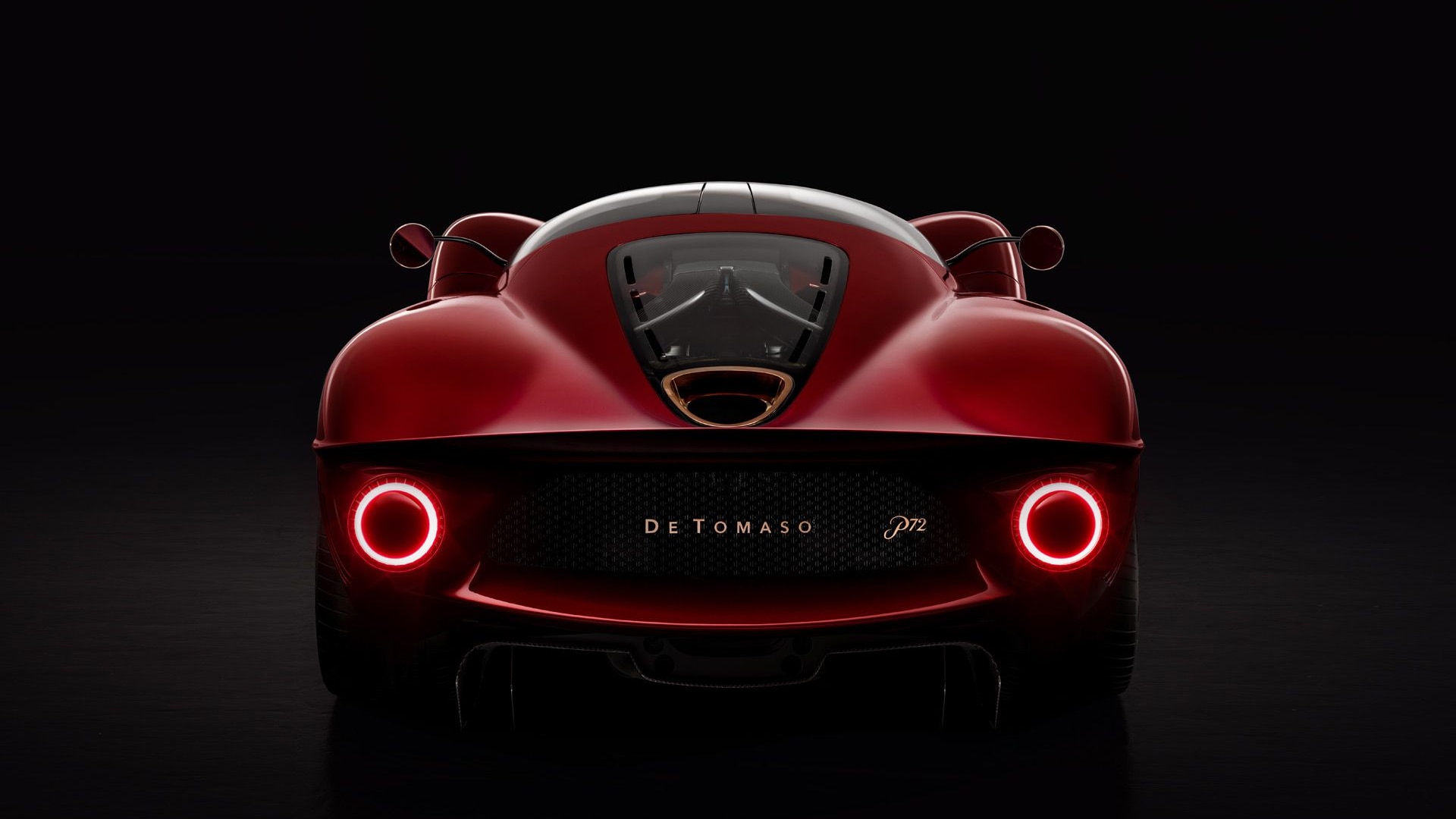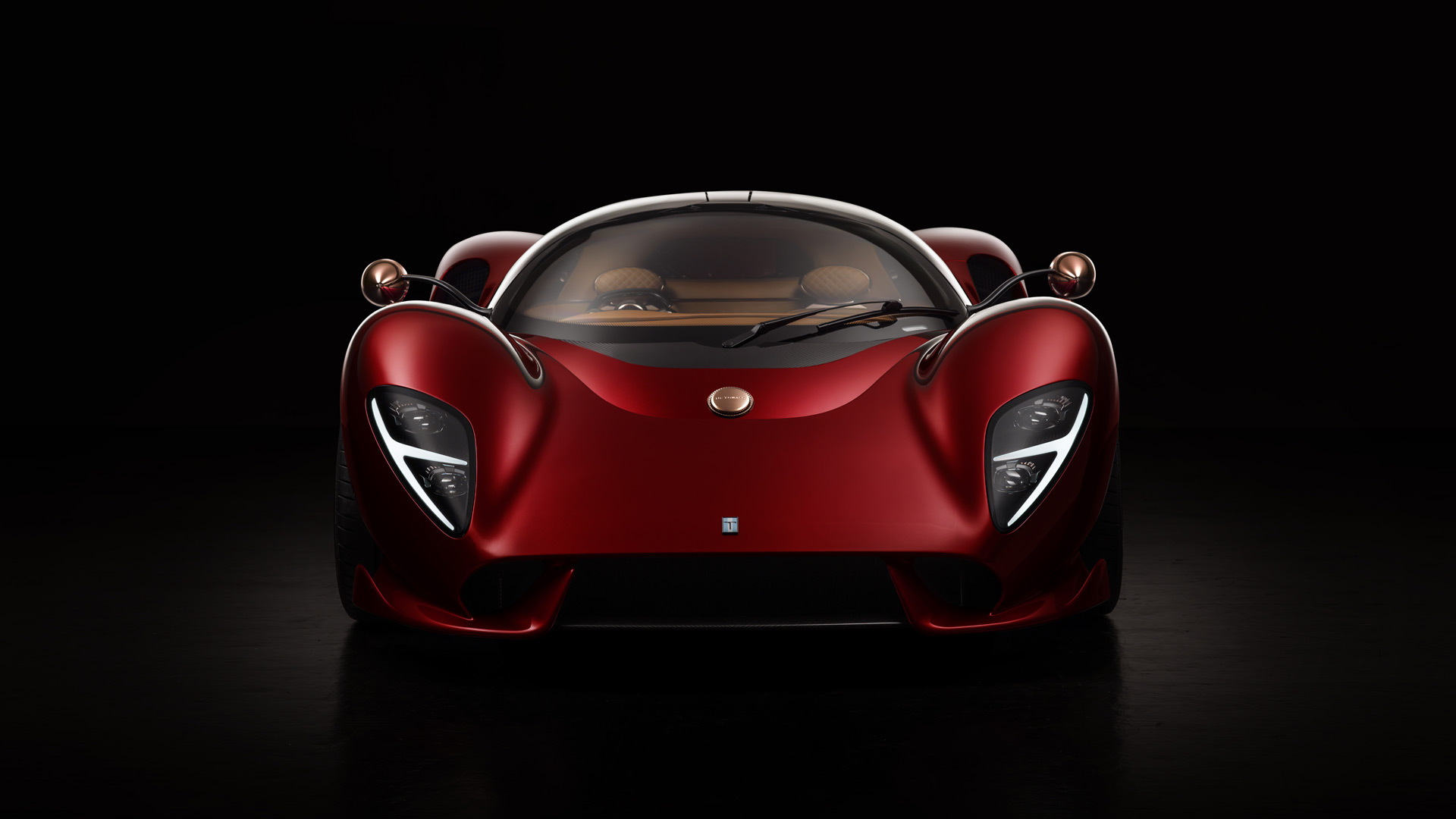There's a revival of De Tomaso currently underway, with the new iteration of the legendary Italian brand to stick with high-performance cars, the first of which is the stunning P72 supercar that was unveiled in 2019 and on track for the start of deliveries in the first half of 2023.
De Tomaso on Wednesday gave an update on its progress, announcing that it has partnered with an industry heavyweight to help develop and eventually build the P72 and future De Tomaso cars. The partner is Germany's Capricorn Group, an engineering company with expertise in engine development and carbon-fiber construction.
Capricorn has worked with a number of OEMs on production cars, as well as in racing, including in Formula One. Perhaps its most notable collaboration was with Porsche for the hugely successful 919 Hybrid LMP1 race car.
De Tomaso and Capricorn are constructing a dedicated production facility adjacent to the Nürburgring, which is scheduled for completion in the summer. Here the P72 and future De Tomaso cars will be assembled largely by hand. A previous plan to build the P72 in the U.S. was no longer possible due to pandemic-related disruptions, though De Tomaso is still relying on multiple suppliers located here, including Roush for the supply of the P72's 700-hp V-8.
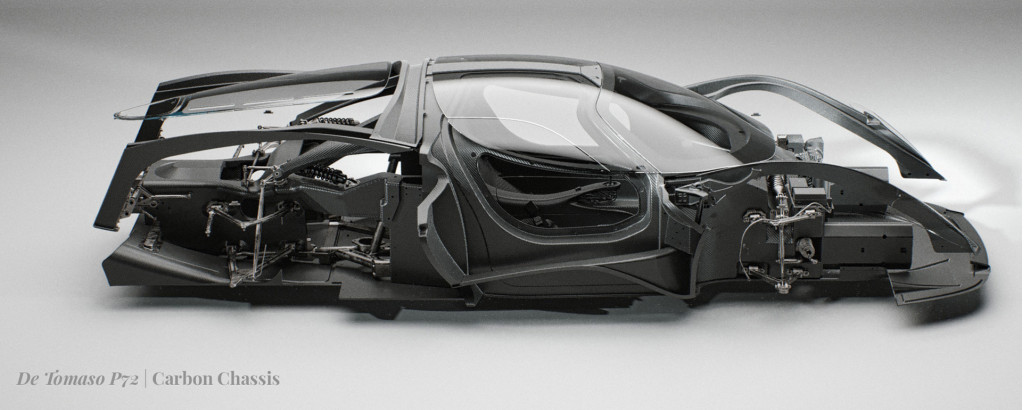
De Tomaso P72 carbon-fiber chassis
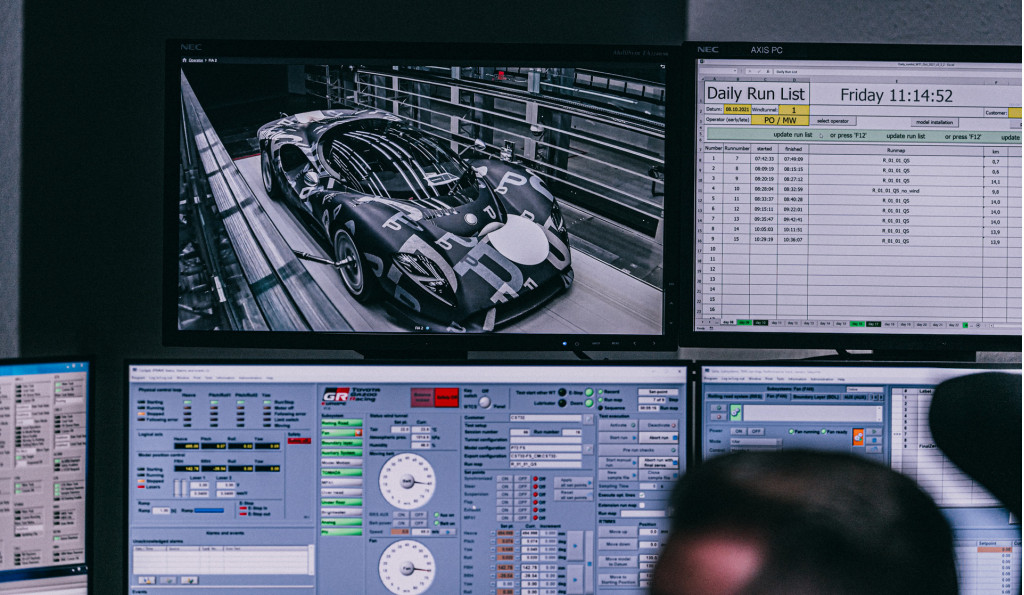
De Tomaso P72 wind tunnel testing
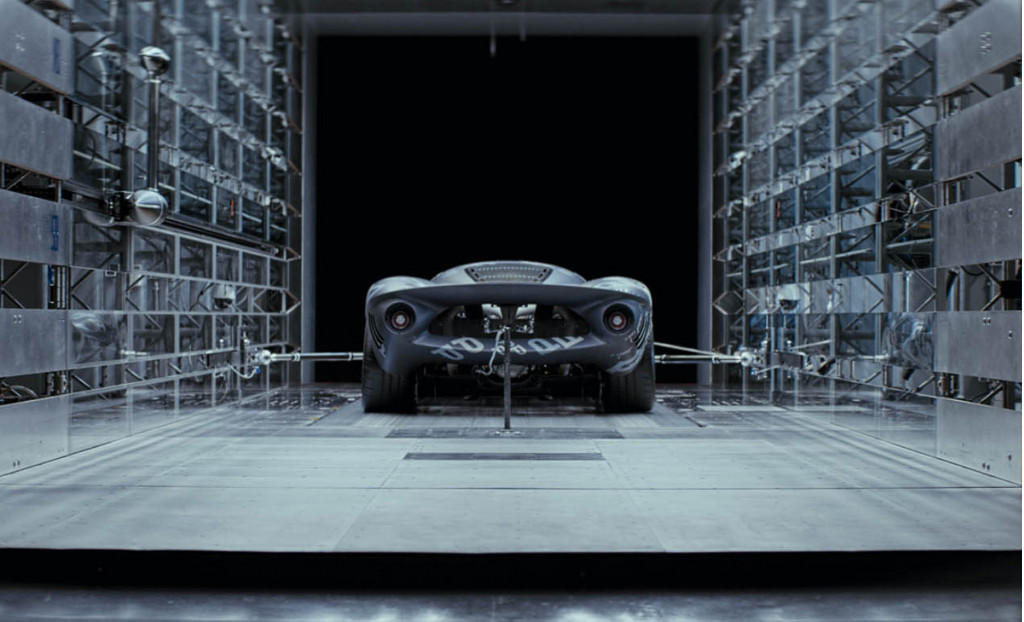
De Tomaso P72 wind tunnel testing
The production P72 was originally due in 2022 but there have been some major developments since the car was first shown in 2019, which is one of the reasons production was pushed back to 2023. Key changes were in the areas of chassis and suspension. The previous plan was to use an existing carbon tub from Apollo, the hypercar marque overseen by De Tomaso Chairman Norman Choi, but with Capricorn on board a decision was made to develop a new and improved chassis.
The resulting design has a significantly lower center of gravity, according to De Tomaso, as well as increased head and legroom, improved safety, and a lighter mass. There's also a carbon mono-cell which provides occupant protection without the need for a roll cage.
Fortunately the P72's stunning design will remain untouched, thanks in part to extensive wind tunnel testing completed at the same facility used by Toyota for its Le Mans Hypercar campaign and previous LMP1 and F1 efforts. In order to maintain the original look, the majority of the aerodynamic work focused on the car's underside.
Sadly, De Tomaso will build just 72 examples of the P72, meaning spotting one in the wild won't be an easy feat.
